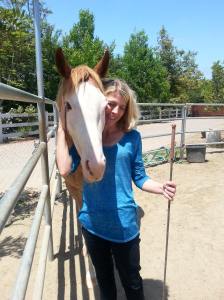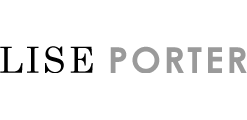Emotional Heroism
This horse and I had a couple of moments. They were only a few moments but life is comprised of moments. It is the moments that make or break us.

Studies show that the bond between humans and animals directly impacts our evolution as a species.
Specifically, exchanges between owners and their pets release high quantities of oxytocin, which profoundly impacts mood state and biochemistry. The process is highly similar to what occurs between infants bonding with adults. When owners and their pets observe and are observed by each other, oxytocin releases that fosters feelings of calm and increases concentration. These are the opposite impulses that tear us apart. Excessive aggression, dissension and isolation become lethal for civilized society.
Linda Kohanov, a pioneer in the field of equine therapy and its effect on interpersonal relationships speaks specifically about what animals can teach humans regarding how to interact in ways that preserve vs destroy the herd. Horses are animals who wield enormous amounts of power yet still take care of their own. Kohanov writes, “Using power well is not a soft skill. Even so, it requires a sophisticated integration of leadership and social intelligence to channel potentially explosive forces into a focused and benevolent source of energy” (from “The Five Roles of the a Master Herder, p.4).
Linda recently spoke at the Los Angeles Equestrian Center. In the audience were people with vested interests in how horses enhance humanity’s humanity, including a much beloved actor from a much beloved t.v. show. Probably more than anything during Kahanov’s talk, I was struck by a term she called “emotional heroism” to describe the act of keeping one’s heart open even while knowing that the inevitable result is heartbreak. She uses the term to describe when an owner has to make the excruciating decision to euthanize an animal or when bonding with an animal may result in some other painful separation. She also mentioned this concept in conjunction with the risks entailed in various stages of relationships. For instance, within a herd, animals play different roles including nurturer, sentinel, dominant, leader and predator. All animals play the different roles at times to ensure the herd’s well-being. We humans have much to learn from what animals know about how to look out for one another. Likewise, learning to embody these roles fully is not for the faint of heart.
To be connected to others requires presence. It is a dance of interaction. Of the observed observing the observer. It also demands that we drop our social masks and be authentic. Horses can read through the bullshit we put out and so can most people. Horses are straightforward. They step away from you if they don’t like you and walk towards you when they do. What you see is what you get. They will also show deep concern for you if you are in pain and will invite you to play if you want to join them.

We are becoming disembodied as a culture staring into our little screens and taking selfies of ourselves instead of looking out at the world around us. Increasing disparities in power and social isolation bring pressures often with little relief. So there is no shame in looking to nature for solace and sanity. It may be the thing that leads us to a higher evolution than we’re currently headed towards as a people.
![]()
Source: Lise’s Letters
Emotional Heroism
